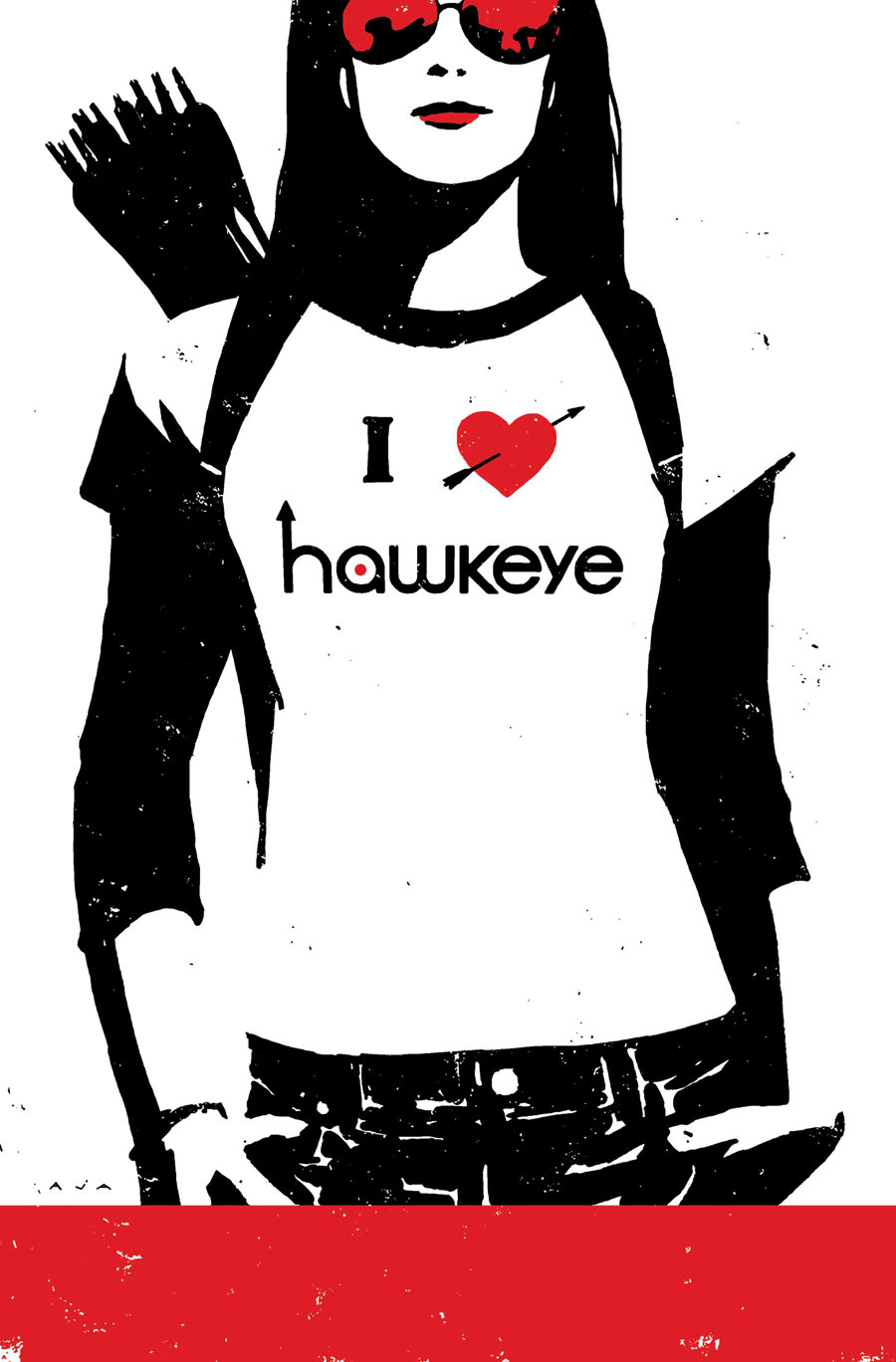Unsung Heroes: Kate Bishop challenges comics’ portrayal of sexual assault survivors

Kate Bishop, also known as Hawkeye, overcomes some of the trauma associated with sexual assault, becoming the leader of a team of teenage superheroes. (Marvel)
By Aubrey Yeo
June 1, 2015 1:37 a.m.
Marvel Comics has seen an increase in mainstream popularity with the recent release of several box-office hits such as “The Avengers.” Since its inception in 1939, the comic book company has created thousands of characters. While not all of them may get their due publicity because of a lack of exposure on the silver screen, each has interesting stories to tell in the print medium.
I wish there was a better way to say this.
The idea of rape or sexual assault has often been exploited in comic book storytelling.
The misuse of sexual violence is seen in other forms of fictional media too. It’s treated as a literary device for a writer who wants to add a layer of vulnerability or humiliation to a character or accentuate a villain’s immorality.
And let’s not forget to laud the hero who will carry out justice in the end.
Delivering life-altering trauma shouldn’t be the key to making characters more sympathetic and others more hated. Attaching a burden to a character that, in reality, inflicts unimaginable emotional trauma is only done for the sake of shock value. Consequently, it could trigger emotions in a reader who’s experienced something similar.
On the other hand, there are portrayals like Marvel’s Kate Bishop that take a step in the right direction when dealing with characters who are sexual assault survivors. It highlights her strength and courage in overcoming the attack instead.
Right now, Bishop is probably more known for being co-Hawkeyes in the 2012 series “Hawkeye” with Clint Barton – the Hawkeye character portrayed by Jeremy Renner on the big screen in “The Avengers” and “Avengers: Age of Ultron.” She now pulls her own weight with her Avengers co-stars in their series. However, when Bishop was first introduced in early 2005 in the debut issue of “Young Avengers,” she was just a capable and confident bridesmaid at her sister’s wedding who got caught up with all the super heroics.
At the wedding, Bishop disarmed a gunman who made the bad decision of trying to hold her hostage, while the Young Avengers stood dumbfounded. Later in the story arc, she goes from one-time hostage to makeshift leader of the team of teenage superheroes in severe need of guidance.
But it’s not until “Young Avengers Special” in late 2005 that we understand why the mystery girl has a proficiency with weapons and unarmed combat that rivals many street-level superheroes.
The scene begins with Bishop in her school uniform, walking through a park on her way home from school. It’s there where she was sexually assaulted by an unnamed attacker. Her origin story continues with a panel of her experiences in therapy and learning to defend herself. This revelation of Bishop’s past was interspersed with the following reflection on the incident.
“Life is short and it doesn’t matter how good your grades are – or how many hours you put in at the soup kitchen. You’re not safe. Bad things happen. Things you can’t control. Things that have nothing to do with you, and they will destroy you if you let them. Or you can try to learn from them so that next time, you’ll be prepared. So that – even if you never feel safe again – you can do your best to make sure that what happened to you never happens to anyone else.”
Bishop isn’t ever shown confronting the man who assaulted her. But the point of the story was that she didn’t need to. She isn’t bound to the attacker or what he did to her.
In her case, she didn’t need the help of a superhero to rescue her. While there are many routes toward reconciliation, Bishop showed strength and resilience by relying on herself while overcoming her emotional ordeal.
In writing Bishop’s post-sexual assault characterization as an independent and capable teenager who works with an Avenger, Marvel has turned the tables on her tragedy and made it a story of inspiration.
Taking rape and sexual assault out of fiction completely is not the right answer to stopping their exploitation in stories. The sad fact is that sexual violence is a reality in the world and a very serious one. Writers have every right to incorporate that part of reality in stories.
Writers should follow the example of Bishop’s origin story and tread a fine line to make sure their stories show the survivor overcoming his or her attack in a positive way, rather than just showing him or her suffer from the immediate aftershock and ending it there.
– Aubrey Yeo


